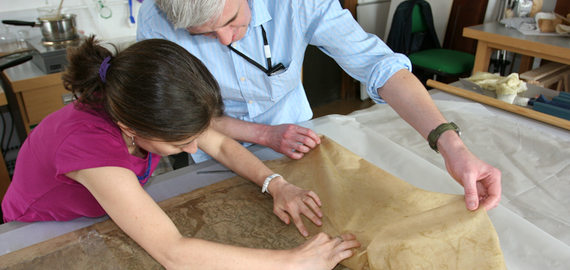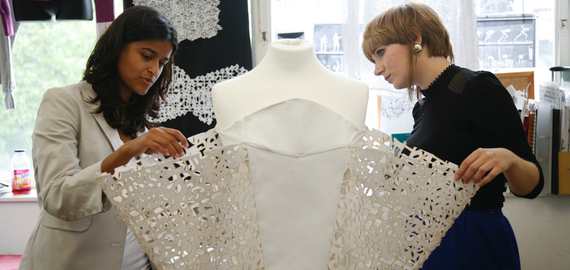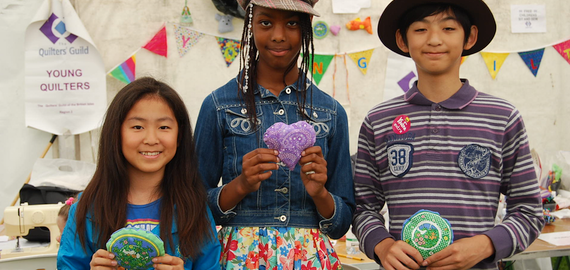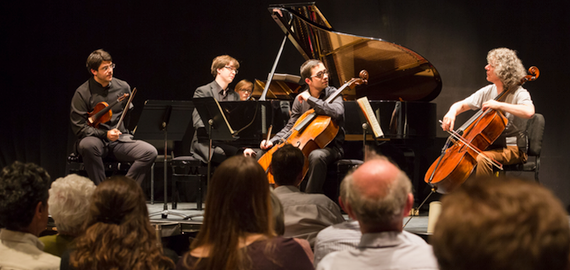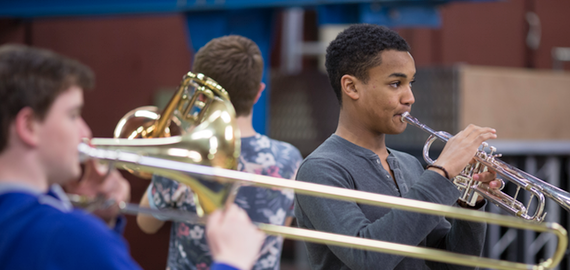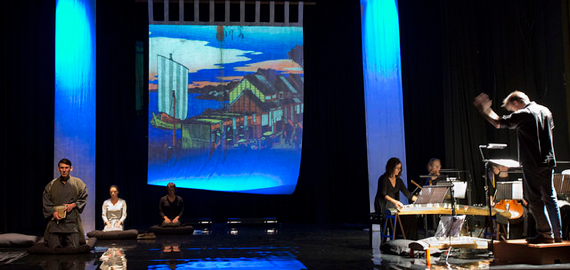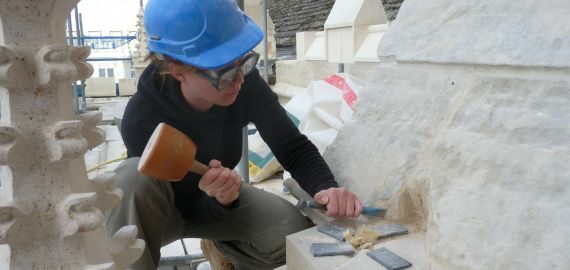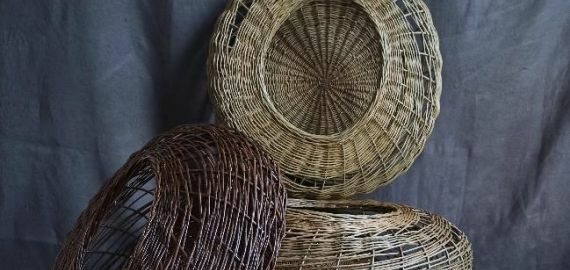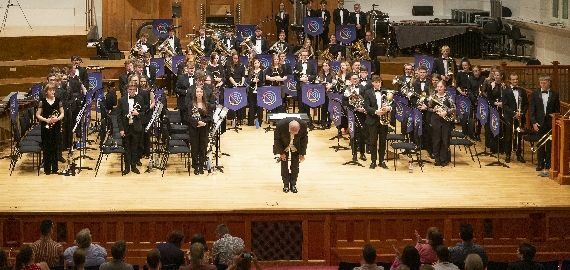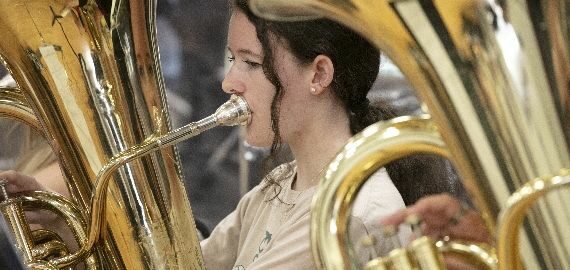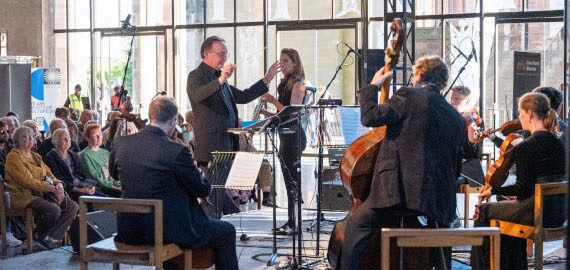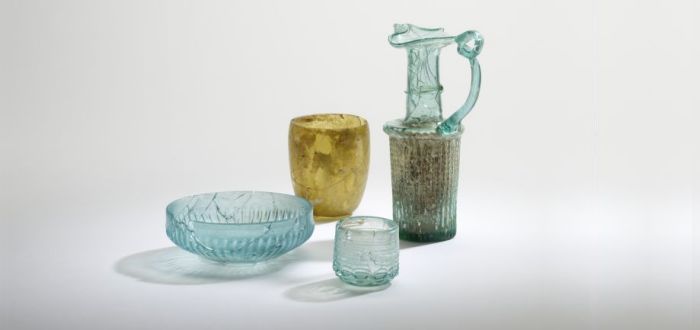-
Wentworth Woodhouse
Wentworth Woodhouse is one of the largest houses in Europe, it is a Grade I listed country house in the village of Wentworth, South Yorkshire. It was built between 1725 and 1750 and is currently owned by Wentworth Woodhouse Preservation Trust, who aim to use the restoration as a catalyst for positive change in South
-
The Fruitmarket Gallery
The Fruitmarket Gallery is one of Scotland’s leading contemporary art venues; open seven days a week and completely free to visit. Artists and audiences are enabled to create and experience extraordinary work across art-forms through a diverse, international programme of artistically excellent exhibitions, public commissions, and an annual festival of new music commissions and live
-
Whitchurch Silk Mill – George Washington
Whitchurch Silk Mill has been open as a living museum since 1990, under the management of Whitchurch Silk Mill Trust, to ensure the survival of silk weaving using traditional machinery and methods. The mill’s collections span over 200 years and about 5,000 objects and tell the story of 200 years of silk making in Whitchurch.
-
The Shakespeare Globe
The Radcliffe Trust awarded The Shakespeare Globe Trust a grant to support developing skills in stage craft directing. The photograph above is from the production of Three Sisters by Anton Chekov The grant was spent on funding an early career Assistant Director for a production of Chekov’s “Three Sisters”. Shakespeare’s Globe was delighted to be
-
Aurora Orchestra
The Radcliffe Trust supported the Aurora Orchestra with the production costs for two performances of Martin Suckling’s The Wolf, the Duck and the Mouse at Kings Place in November 2024 – one for families, and one for local Camden primary schools. This production was aimed at 4-8 year-olds. They are very grateful for the grant




